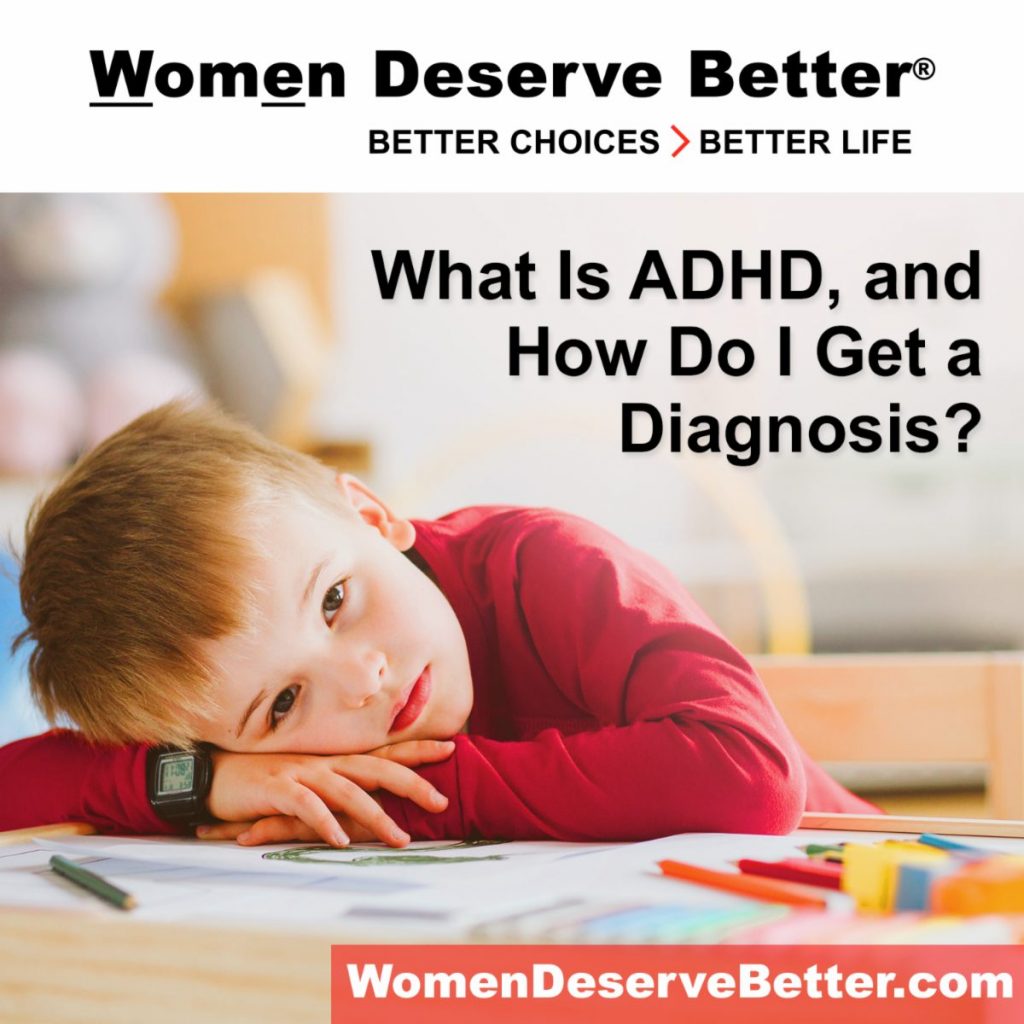
ADHD is a medical condition that is not uncommon in children. You have likely heard of it. You may even have opinions about it. It stands for “attention deficit hyperactivity disorder.” You may have heard of the term ADD. That is still sometimes used to indicate an attention issue that does not include hyperactivity, but it is no longer clinically considered a separate thing. ADHD is a disorder that appears later in life; often, it will become obvious when a child enters school.
Symptoms include:
- Being easily distracted
- Difficulty following directions
- Difficulty staying on task
- Forgetfulness
- Losing personal items, such as keys or books
- Not paying attention to details
- Problems staying organized
- Short attention span
You might ask yourself: How is this different from just being a kid? Usually, a doctor will not consider diagnosing a child with ADHD until she is old enough for school. The symptoms have to be particularly bad for a child below the age of 5 to be diagnosed.
That is not to say that you shouldn’t say something if you suspect your child has ADHD. Your first phone call should be to your pediatrician. Your pediatrician will give you a questionnaire to fill out to determine what symptoms your child has and how bad they are. If your child is in school, you will get a questionnaire to give his teacher, too. Don’t feel bad about asking the teacher to fill out the questions, s/he has likely had to do the questionnaire many times before. It is also likely that the school will have a policy that they have to return their questionnaire directly to the doctor; you may never see the teacher’s responses. Return your questionnaire to your doctor, and your doctor will score it and give you recommendations on what to do next. S/he might say that your child definitely has signs and point you to a psychiatrist for help. S/he might say it’s not so clear and give you the choice of seeking further help.
Your insurance company should have a list of therapists in your area that are covered by your insurance, so your insurance company might be your next phone call or online search. It can be overwhelming to get your child help for a health issue, but looking for help is not a sign of weakness — but a sign of strength.
If money is an issue and the psychiatrist recommends medication, let her or him know that money is an issue. There are ways to save money on ADHD meds, and some drug companies have special deals. Your doctor will know ways to save money on drugs and will know what companies have deals. If not, look up the companies of the drugs your doctor recommends, or contact your insurance company.
Throughout all of this, if your child is in school, maintain open communication with the school counselor. S/he can be a resource and will keep a close eye on your child to make sure she is getting the help she needs.
It is best to get a child with ADHD help as early as you can. ADHD often comes with a host of other mental health issues, such as depression and anxiety, that only get worse if the ADHD is left untreated.
Getting your child help will help him do better in school, in extracurricular activities, and his social life. So don’t be afraid to say something if you think your child has ADHD. It is a real disorder, and it is a disorder that can be managed.
By Bethanie Ryan

